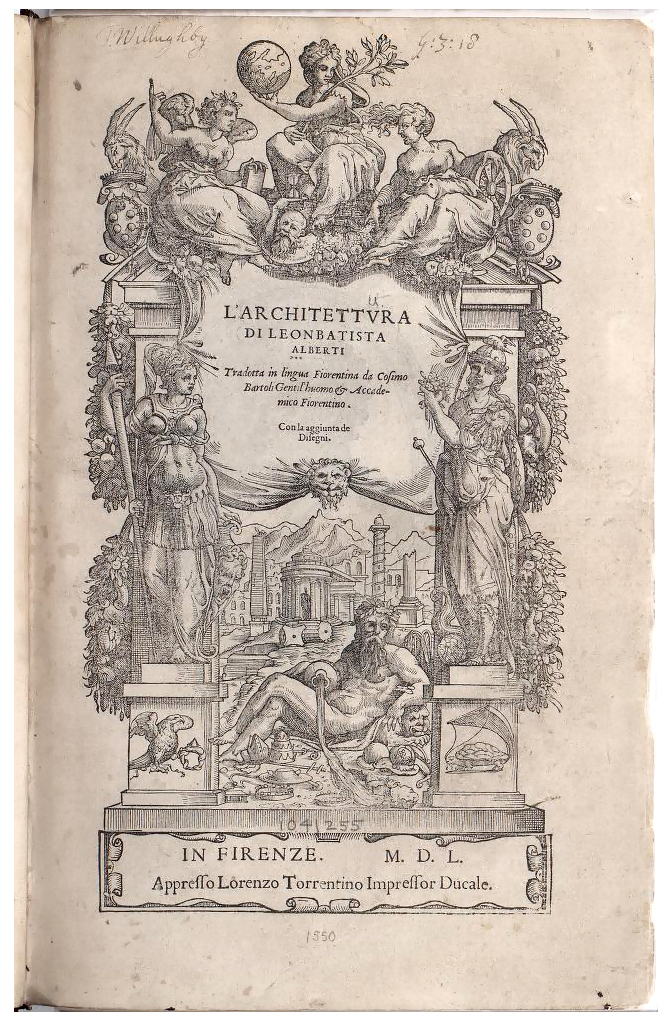In Howard's End (1910) E.M. Forster exemplifies some pretentious conversation which a hundred years earlier might have included reflections on the Picturesque. Instead, a landscape is seen through the prism of music:
"People at Stettin drop things into boats out of overhanging warehouses. At least, our cousins do, but aren't particularly rich. The town isn't interesting, except for a clock that rolls its eyes, and the view of the Oder, which truly is something special. Oh, Mrs. Wilcox, you would love the Oder! The river, or rather rivers--there seem to be dozens of them--are intense blue, and the plain they run through an intensest green."
"Indeed! That sounds like a most beautiful view, Miss Schlegel."
"So I say, but Helen, who will muddle things, says no, it's like music. The course of the Oder is to be like music. It's obliged to remind her of a symphonic poem. The part by the landing-stage is in B minor, if I remember rightly, but lower down things get extremely mixed. There is a slodgy theme in several keys at once, meaning mud-banks, and another for the navigable canal, and the exit into the Baltic is in C sharp major, pianissimo."
"What do the overhanging warehouses make of that?" asked the man, laughing.
"They make a great deal of it," replied Margaret, unexpectedly rushing off on a new track. "I think it's affectation to compare the Oder to music, and so do you, but the overhanging warehouses of Stettin take beauty seriously, which we don't, and the average Englishman doesn't, and despises all who do. Now don't say 'Germans have no taste,' or I shall scream. They haven't. But--but--such a tremendous but! --they take poetry seriously. They do take poetry seriously.








